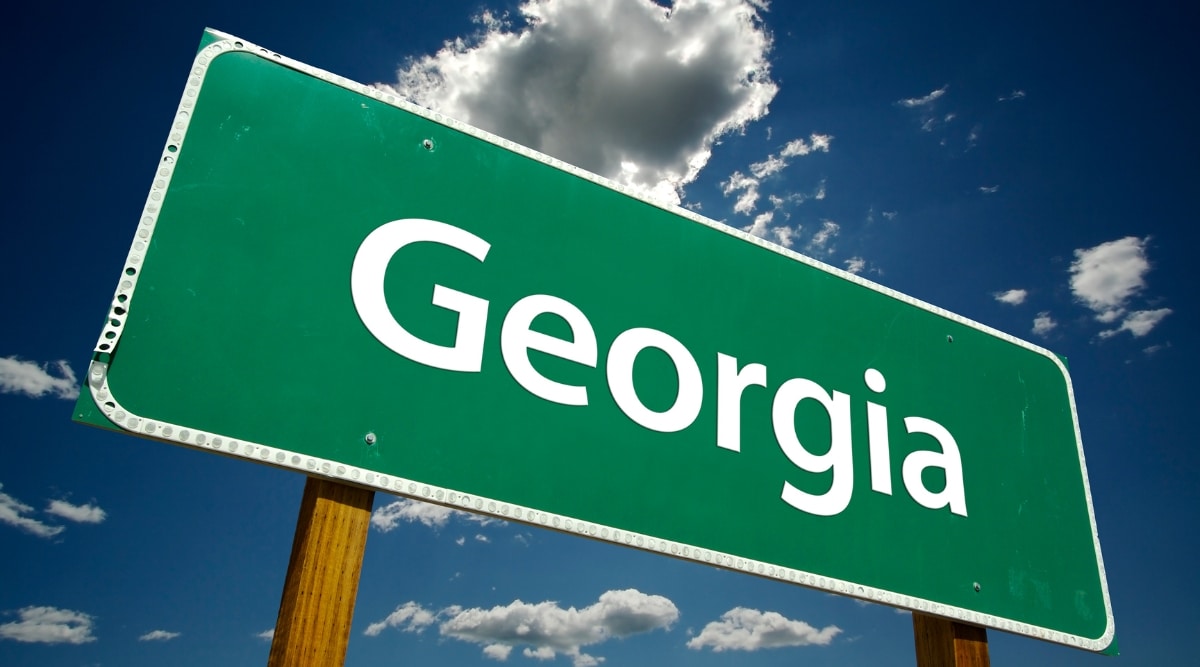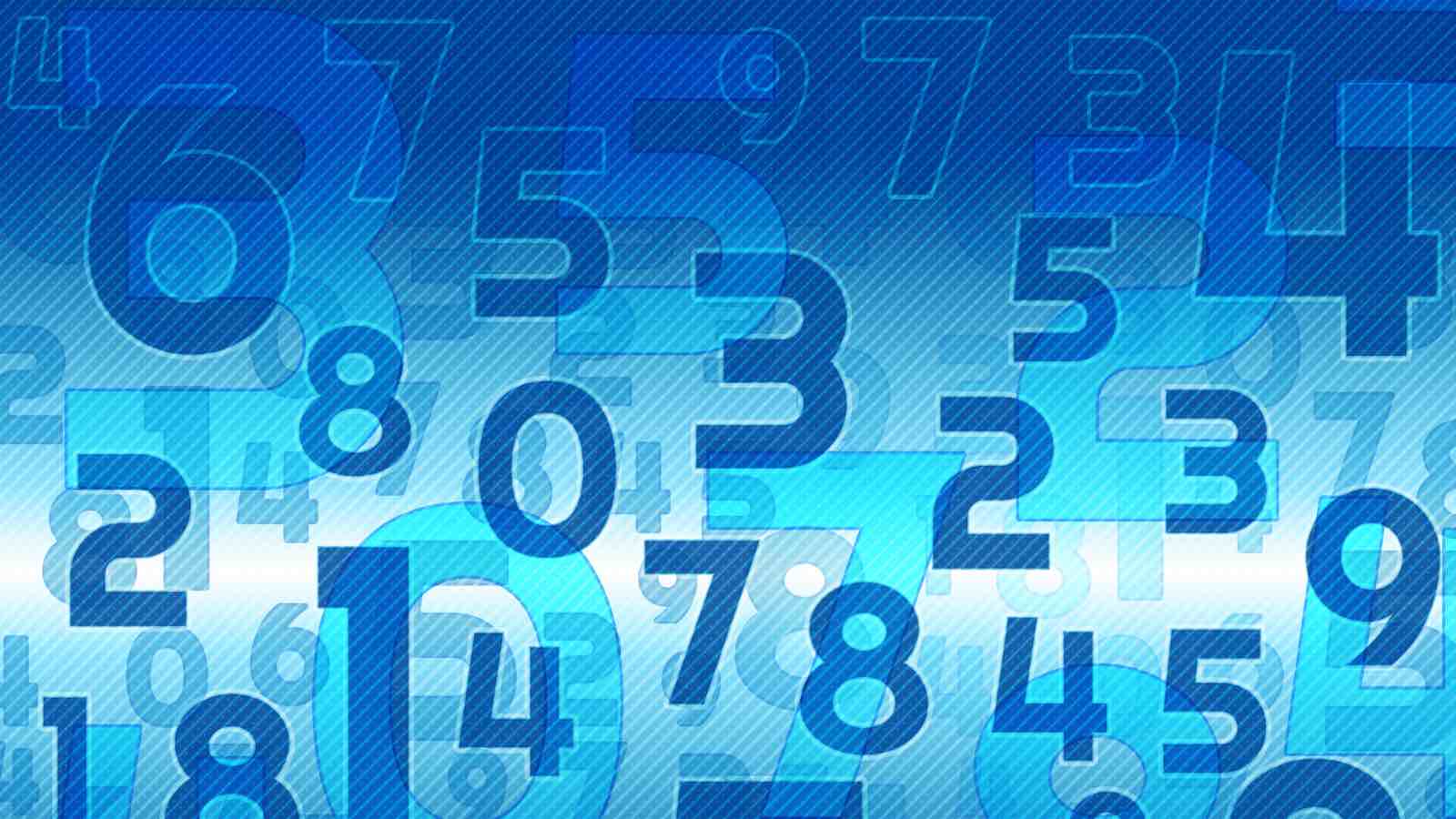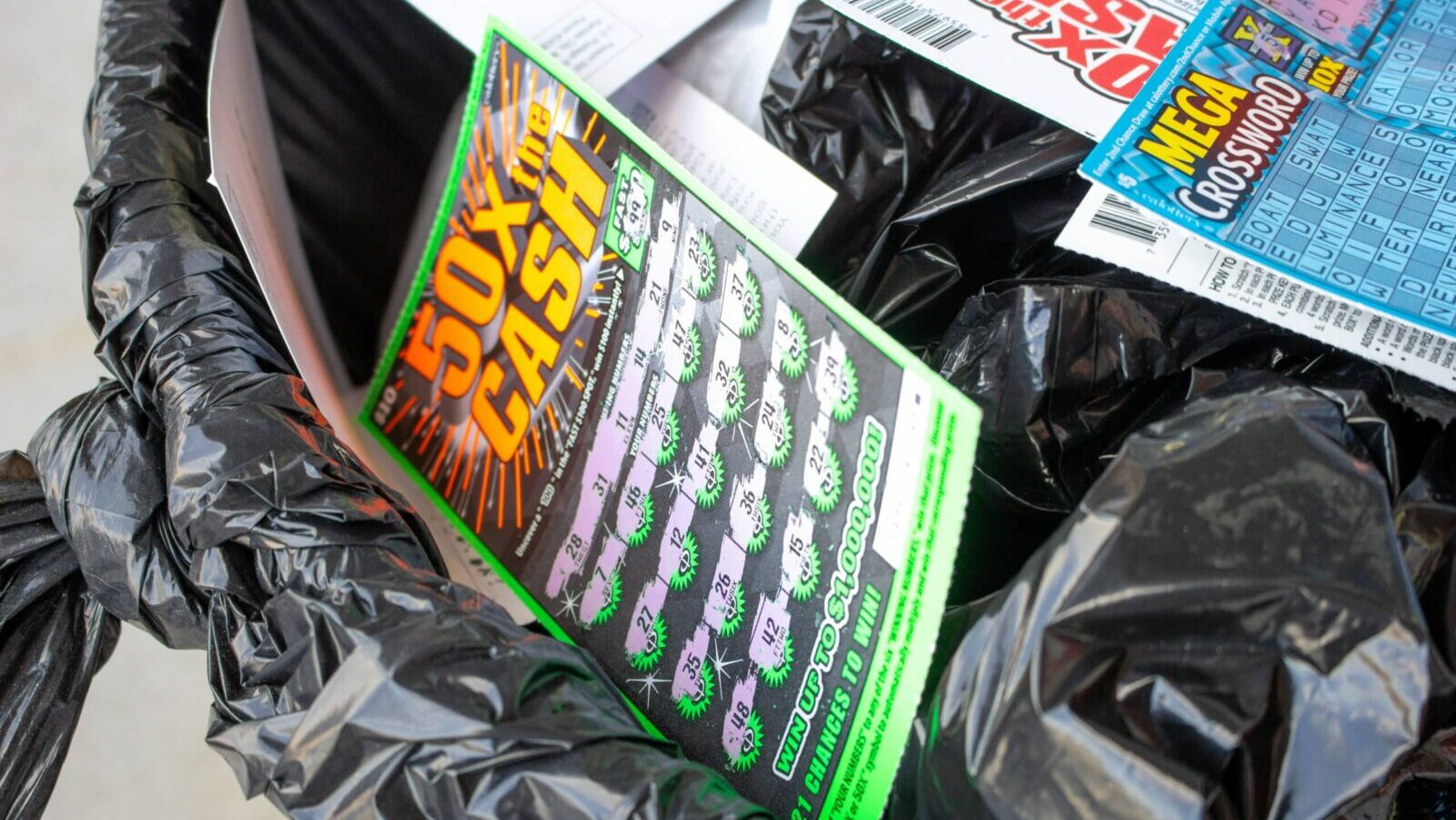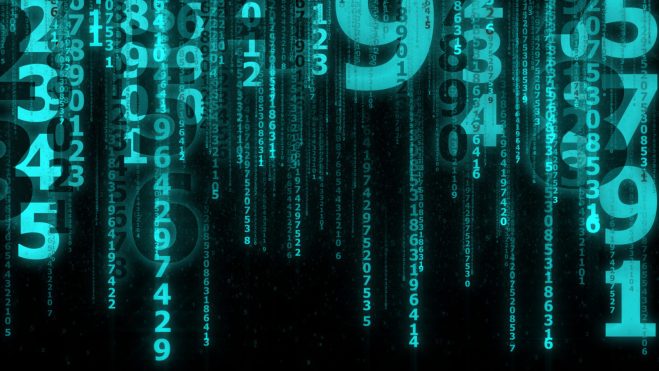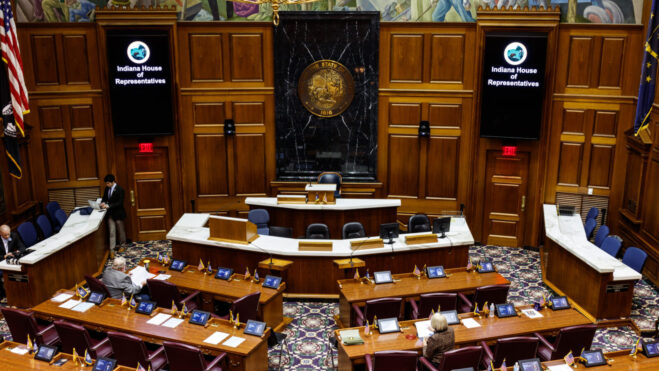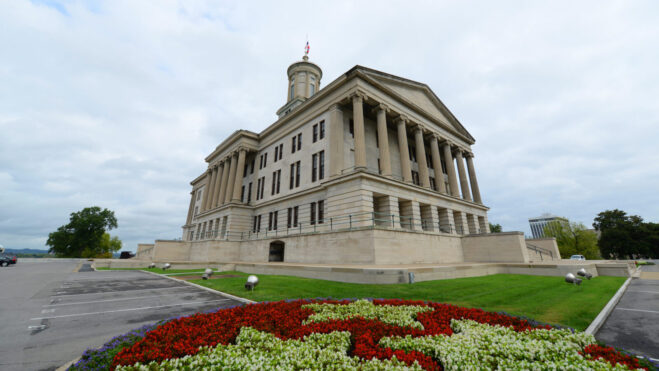It’s easy to forget that the lottery isn’t just a commonplace way of gambling. It’s also a public service — and in many states, a way to fund public education programs. In fact, in Georgia, House Republicans are hoping to use the state’s lottery surplus to inject $100 million into the state’s struggling pre-K system. And if they succeed, they’ll be continuing a long tradition of funneling lottery surpluses into education.
Lottery profits can improve both salaries and classrooms
According to Georgia legislators and education leaders, the state’s pre-K programs require multipronged improvements. Due to a lack of teachers since the COVID-19 pandemic, the state’s overall level of enrollment in pre-K programs has faltered. A financial boost would not only raise teachers’ salaries, thus retaining more educators, but would also help with operations.
In addition to facing a lack of classrooms, Georgia pre-K teachers contend with a lack of furniture and materials. Also, an assistant teacher salary in the state ranges from $20,190 to $25,741.
Thus, Georgia Republicans are hopeful that they can tap into the lottery’s $2.2 billion reserve to make these necessary improvements. Similarly, Georgia Democrats want to apply some of the funds to higher education programs.
Lottery-driven education funds exist nationwide
Of course, in both cases, the legislators would be following in the footsteps of their peers around the country. Out of the 45 states that sell lottery tickets, at least 40 of them channel their lottery surpluses at least partially — and in some cases exclusively — into education. Some states, like Virginia, dedicate their lottery funds to K-12 programs specifically.
In Virginia, for example, a 2000 referendum ensured that lottery profits would be henceforth used exclusively for educational purposes. Most recently, in 2023, the state lottery raised more than $867 million for K-12 education programs.
But legislation isn’t absolutely necessary when it comes to ensuring that lottery profits benefit statewide education. In North Carolina, 26 percent of lottery revenue makes its way into educational programs, amounting to $936 million in 2021. This is despite the fact that there is no state law requiring lottery profits to be used in this manner.
Using lottery funds toward education is a double-edged sword
Generally, state legislators around the country agree that lotteries can help governments to raise profits without increasing taxes. Incidentally, the allocation of this revenue towards educational programs is also a guaranteed way of securing political support. This system harkens back to the 1980s, when popular anti-tax movements led legislators to find alternatives to hiking taxes.
There’s a downside to this lottery loophole, however. It’s naturally impossible to know how government revenue might be used if lottery funds weren’t available. Thus, critics of this system say that the lottery can provide state governments an excuse not to fund education programs using reliable government sources. For instance, in North Carolina, the state’s lottery fund once gave 35 percent of its savings to education programs. After lawmakers removed the law that stipulated this number in 2007, that percentage dropped to 26. Of course, even if the state destined 100 percent of its lottery surplus to schools, that would only cover 19 percent of North Carolina’s total budget.
Ultimately, what both the supporters and critics of these programs can agree on is that states need to focus more on developing education programs. Using lottery funds for this is at least a temporary fix.
